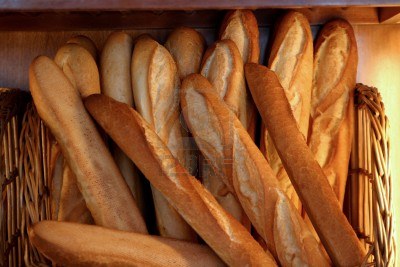Libyan consumers have been complaining about the sudden food price rises upon the outbreak of the Russian-Ukrainian war. Within days of the war starting, bakeries increased bread prices from four standard loaves per dinar to three loaves per dinar.
Libya is heavily reliant on imported Ukrainian and Russian grain for its bread flour. Prices of other basic foodstuffs such as flour, cooking oil, sugar, and tomato paste also rose.
The public were outraged. Social media commentary complained that the war in Ukraine had barely started when bakeries raised prices. They complained that new grain supplies had not arrived in Libya yet to instantly affect bread prices. They demanded that the government, which subsidises bread flour, act.
The incumbent Aldabaiba-led Libyan Government of National Unity reacted by announcing that basic food supplies such grain supplies for bread flour were plentiful and ordered bakeries to revert to the pre-Ukraine war prices. It wowed to conduct price inspections at bakeries.
The Aldabaiba v Bashagha battle for power
Markets like political stability. Instability encourages speculation and profiteering. In Libya’s case the internal political uncertainty has not helped. Both Caretaker Prime Minister, Abd Alhamid Aldabaiba (installed through the Libyan Political Dialogue Forum (LPDF) process), and newly House of Representatives appointed Prime Minister, Fathi Bashagha, are fighting for the role of exclusive Prime Minister. The fight could get messy and could take Libya back to days of two parallel governments and sovereign institutions – and ultimately to an oil production blockade and war.
This political uncertainty has left the door open for profiteering by some merchants who speculate that things could become even more unstable in Libya – at least in the short term.
Ramadan: a historically high food consumption month
To add to this international and domestic uncertainty, the holy fasting month of Ramadan is historically a high consumption month of foodstuffs. Unless supplies are equal or higher than demand, prices tend to rise anyway during this time. But beyond high demand and low supply, there are traders who take advantage and raise prices anyway. Some cause artificial supply shortages by hoarding goods.
The fact that the Ukraine war started so close to Ramadan has also meant that Libyan suppliers did not have enough time to react to increased demand and import food supplies from other sources.










